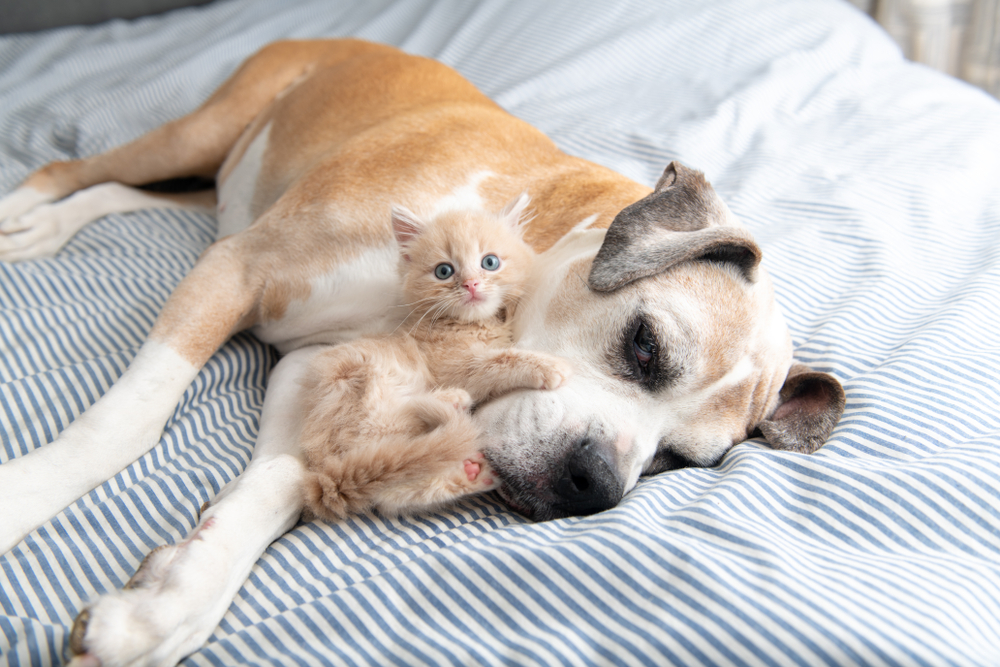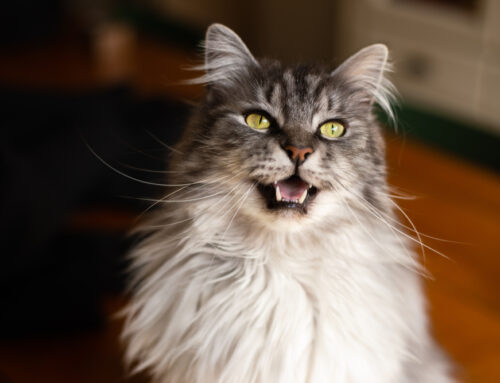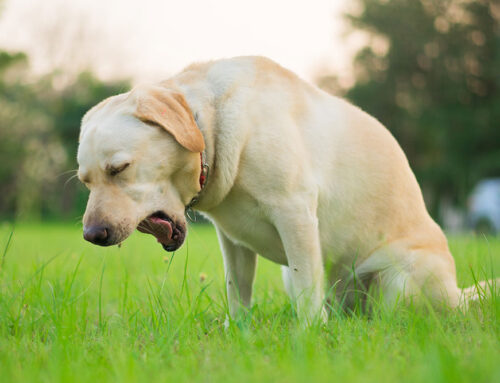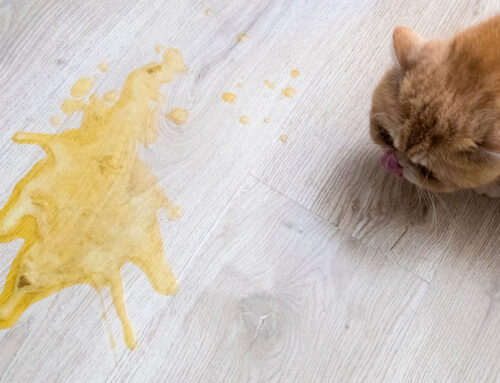Our pets provide us with unconditional love their entire lives. The least we can do in return is spoil—or at least support—them in their senior years. Aging pets need continued preventive care like their younger counterparts, but they often require additional medical care and accommodations at home to ensure their health and comfort. To help pet owners give their wisest furry residents what they need, here is our Palisades Veterinary Hospital guide to supporting your senior pet.
Veterinary care for senior pets
Pets need regular veterinary care throughout their lives, including in their senior years. As they age, seniors are more likely to develop medical conditions such as arthritis, kidney disease, heart issues, cancer, or high blood pressure. We recommend biannual examinations and screening tests for older pets, which help us to detect and address changes during the early disease stages—when they are easiest to treat. These visits also help pet owners evaluate and address quality-of-life changes.
Parasite control, vaccines, and dental care are also crucial to a senior pet’s health. Dental disease is a significant source of pain and discomfort when left untreated and can lead to bacteria from the mouth spreading throughout the body and damaging important organs. To control dental disease, our team may recommend an anesthetized oral health assessment and dental cleaning.
Optimal nutrition for senior pets
Older pets may struggle to maintain a normal weight and have difficulty digesting and absorbing nutrients. In general, dogs tend to gain weight as they become less active, and cats tend to lose weight and muscle from various medical conditions. A good senior diet should be nutrient-dense, highly digestible, and should address any special needs related to underlying disease. Our hospital can provide therapeutic diets to counteract many health issues, including arthritis, heart disease, urinary tract disorders, kidney disease, liver disease, cancer, and more.
Household modifications for senior pets
Senior pets with mobility issues will benefit from modifications to their home. Consider the following changes:
- Adding rugs and runners — Rugs and runners on hard floors help provide traction for arthritic pets and prevent falls.
- Using ramps and stairs — Ramps and pet stairs help seniors reach their favorite places without putting more stress on their joints.
- Purchasing supportive bedding — Add orthopedic beds throughout the home to support achy joints and ensure that a soft resting place is always nearby.
- Modifying litter boxes — Your cat should have litter box access on each level of the house to avoid using stairs when nature calls. Additionally, ensure the boxes have low-sided entry points so your cat doesn’t have to jump in and out.
- Moving food and water dishes — Again, try to avoid making pets use the stairs to access their basic needs, including food and water. Add or move dishes as needed.
Caring for specially-abled senior pets
Many senior pets eventually experience declines in their vision, hearing, or cognitive abilities, making daily life more difficult. You can help your pet by scheduling a veterinary visit to determine if these changes are attributable to a treatable condition. Then, figure out what your pet needs to adapt to their new ability level:
- For blind pets — Avoid rearranging furniture that could impede a blind pet’s ability to navigate and encourage them to explore using their other senses. Block off unsafe areas, such as stairs, until they have a better grasp of the house layout.
- For deaf pets — Teach deaf pets hand signals and ensure they remain in enclosed areas or on a leash outdoors to avoid dangerous situations, such as an approaching vehicle.
- For pets with cognitive dysfunction — Pets with cognitive decline benefit from a strict daily routine, regular exercise and mental stimulation, and often require anti-anxiety medications.
Stress reduction for senior pets

Many well-meaning pet owners believe that bringing a puppy or kitten into the home will keep their senior pet feeling and acting young by increasing their activity level and providing them with companionship. This is true in some cases, but in many others, this simply causes stress. Only attempt this if you know for sure your senior pet will enjoy a young pal and provide them with a safe place to escape when they need a break.
Age is not a disease, but senior pets need help to ensure maximum comfort, health, and happiness during their final years. Supporting your senior pet with these basic measures will help keep them by your side as long as possible. Reach out to the Palisades Veterinary Hospital team for additional tips on caring for senior pets or to schedule your furry pal’s next wellness and preventive care visit.








Leave A Comment